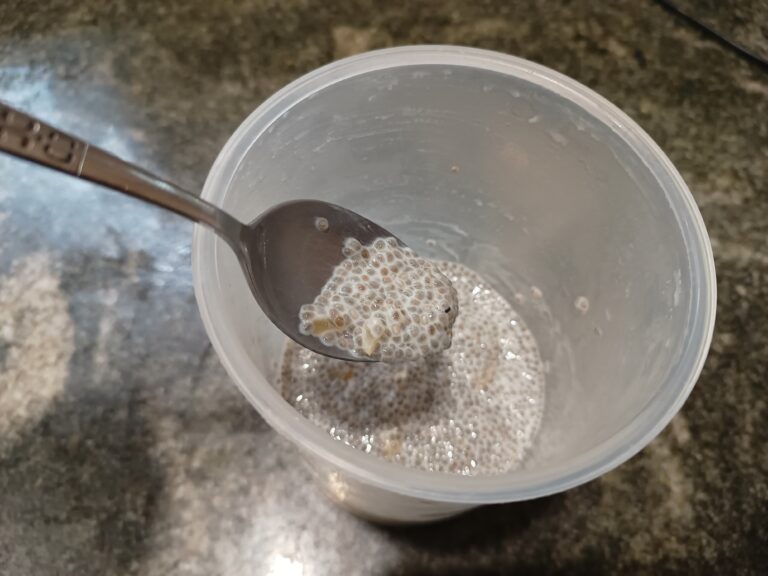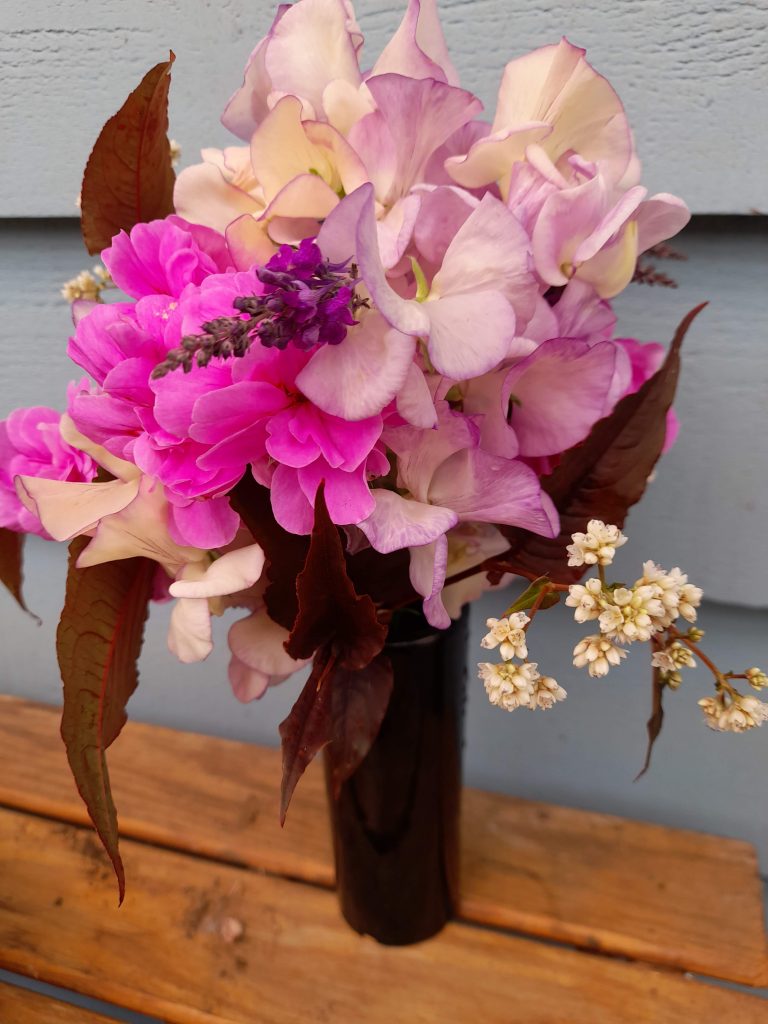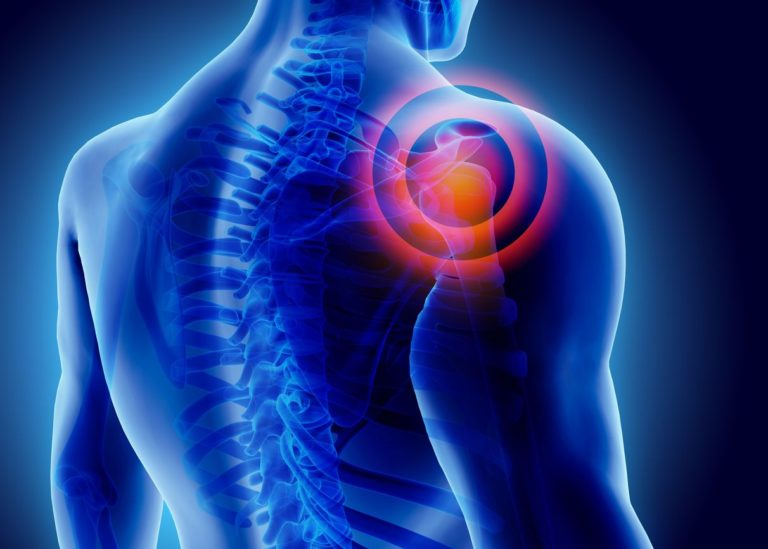to B 12 or not to B 12?
Did you know that there’s a connection with Vitamin B12 and your heart health, mood and dementia prevention?
“Vitamin B₁₂, also called cobalamin, is a water-soluble vitamin that is involved in the metabolism of every cell of the human body: it is a cofactor in DNA synthesis, and in both fatty acid and amino acid metabolism. It is particularly important in the normal functioning of the nervous system via its role in the synthesis of myelin, and in the maturation of developing red blood cells in the bone marrow.” Wikipedia
How does it show up?
You may simply feel fatigue, or numbness in fingers/toes, shortness of breath, poor memory, depression, poor digestion, ankle swelling etc.
How do you find out?
Vit B12 is a commonly performed blood test via your GP. However interpretation of the numbers is all important. Specialist neurologists suggest that we should be aiming for over 400 (the range is usually 150 – 700). A more targeted test is the Active B12 or Holotranscobalamin which you often need to request. As the name suggests, this is the biologically active form of B12 as a subset of the total B12 above.
Why might Vit B12 be low?
Foods containing Vit B12 include meat, eggs, dairy so not available in vegan foods. There is some controversy as to whether biologically active B12 is in seaweeds/algae, fermented foods, mushrooms or made by bacteria in our large intestines. The author of the paper below concludes not so according to quite rigorous testing.
https://veganhealth.org/vitamin-b12/
As an interesting aside, some large bowel bacteria do make Vit B12 but it seems this may be to their own advantage as the B12 does not travel back up to the small intestine where it would normally be absorbed into our body.
Digestive issues (like low stomach acid) may reduce breakdown and absorption from foods ; vegan diets often don’t provide enough Vit B12; medications like Metformin and Proton Pump Inhibitors (reduce stomach acid) can interfere with absorption; certain diseases like autoimmune gastritis or pernicious anaemia reduce absorption.
What to do?
As with any nutritional issue it’s important to get the full picture. Vit B12 is only one (albeit important) part of a health puzzle. Speak to your health practitioner to help understand the overview. Depending on the underlying cause, treatment may involve tweaking your diet, improving digestive functions or possibly supplementing with appropriate forms and dosages of Vit B12 and other nutrients. For severe deficiencies B12 can be supplemented with forms that bypass the digestion like liquid/tablets dissolved in the mouth or by injection.





